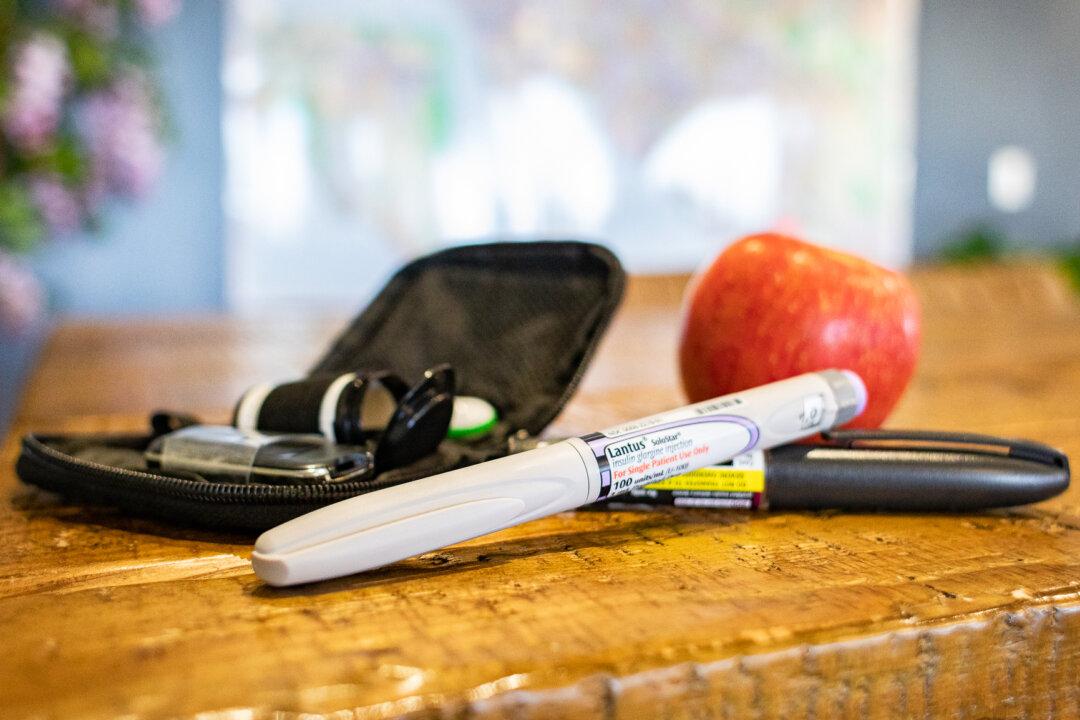The federal government is under pressure from the Coalition after removing a key lifesaving drug from the pharmaceutical benefits scheme (PBS), sending its cost soaring for thousands of Australians.
Fifteen thousand Australians, many whom are children, who rely on Novo Nordisk’s fast-acting insulin drug Fiasp to manage their Type 1 diabetes will now face skyrocketing costs to keep their autoimmune disease under control.




